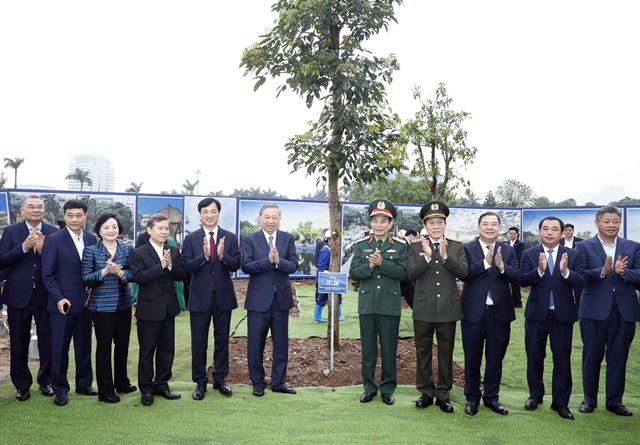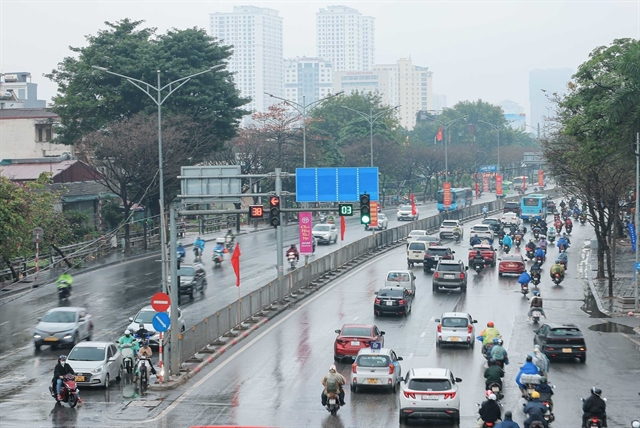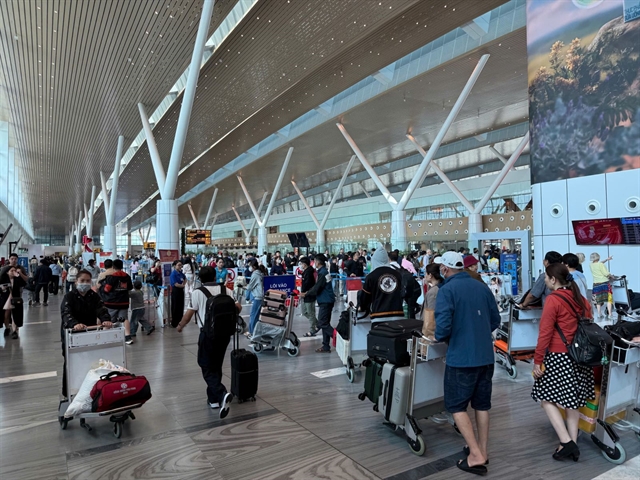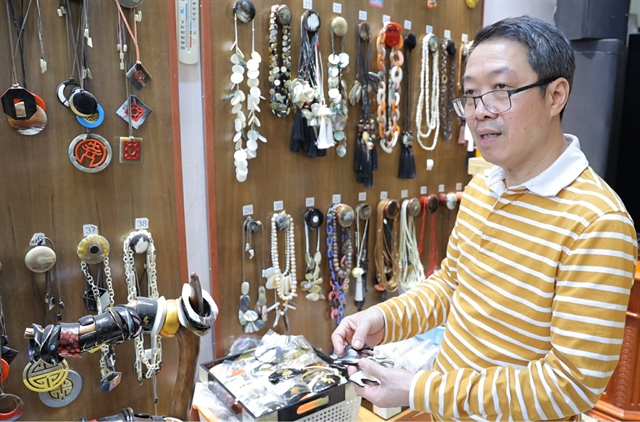 Life & Style
Life & Style
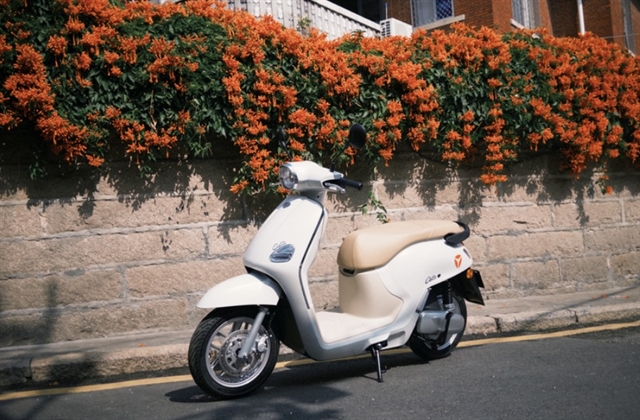
Việt Nam News' reporter Nguyễn Bình spoke with Park Myung-seo, the association's General Manager of the Future Strategy Team, about folk painting in modern society.
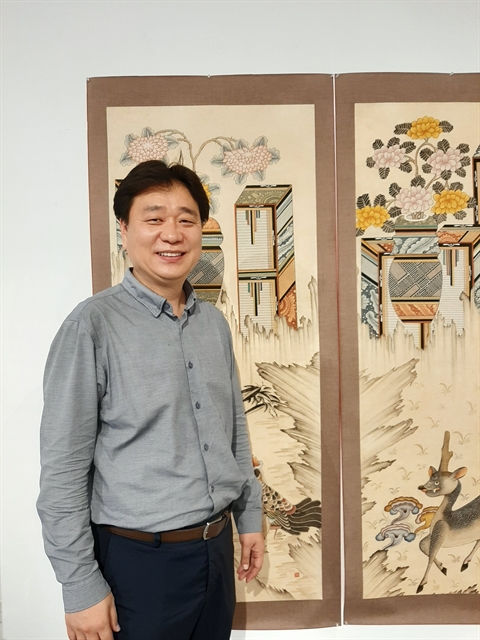
|
| Park Myung Seo, general manager of the Future Strategy Team at the South Korea Folk Painting Association. VNS Photo Nguyễn Bình |
The South Korean Cultural Centre exhibited folk paintings for the first time in Việt Nam from February 19 to 25 at the cultural centre in Hà Nội.
Việt Nam News' reporter Nguyễn Bình spoke with Park Myung-seo, the association's General Manager of the Future Strategy Team, about folk painting in modern society.
Can you tell us a bit about the exhibition?
Việt Nam is the first country in Southeast Asia we have displayed folk paintings. We want to introduce to Vietnamese people a kind of traditional culture aiming to promote mutual understanding between Vietnamese and Korean people.
Plus, the exhibition at the Korean Cultural Centre will boost cultural co-operation and exchange opportunities between the two countries.
We also want to make Korean folk painting popular among Vietnamese people. I think Vietnamese and Korean folk paintings have similarities in themes. In the past, folk paintings were drawn to bring luck and ward off evil.
Korean's spiritual and emotional lives are very close to the Vietnamese. I think the cultural exchange between the two countries will develop thanks to this similarity.
What do you think about exchanges between Korean and Vietnamese folk artists?
Sadly, South Korean artists could not come to Việt Nam due to the novel coronavirus (COVID-19) outbreak. Korean artists know well about Vietnamese Đông Hồ folk painting and they want to visit Đông Hồ Village to see how Vietnamese folk painting is made and meet Vietnamese artists.
This exhibition entitled Tương Lai Nhìn Từ Quá Khứ (Future From The Past) has been held in Milan, Italy and other European countries. This time, we chose Việt Nam as the first country in Southeast Asia to introduce Korean folk paintings to compare the two kinds of folk art and learn more about Đông Hồ folk painting.
In the eyes of South Korean artists, Vietnamese folk painting is highly applicable.
What is the role of folk painting to South Korean people in modern life?
In modern society, people are very tired of working hard. They always remember the good things in the past which made good impressions on them.
For Korean people, what belongs to the past helps them overcome difficulties in daily life. Therefore, folk painting is still popular in Korea.
In addition to traditional elements, South Korean artists nowadays are creative when making folk paintings. The paintings we brought to Việt Nam combine traditional and contemporary elements.
For example, one painting features a young girl in a hanbok studying for her exams. It includes traditional elements like an old-style table and stacks of books and modern things such as a cake and an electric lamp.
Buddhism is also the main theme of folk painting. Many artists paint lotus flowers that symbolise Buddhism in Korea. Lotus paintings show the compassion of the Buddha as well as the banishment of unfortunate things.
There is another meaning that the lotus has a lot of pistils which shows the desire to have many children in a family.
How important is folk painting preservation and development?
Korean folk paintings are made from traditional hanjin paper. Nowadays, artists can use other materials such as ink and gouache. The South Korean government has policies to support hanjin paper production.
When we add materials and themes of modern times to folk paintings, they will not belong to the past. They will have elements of modernity and the future. Thus the value of folk painting will be maintained.
I think folk painting preservation and development is not only a problem for Korea. Folk culture is not the past but always looks to the future.
If we carry out traditional culture preservation and development in the long term, I think it will develop further. VNS

